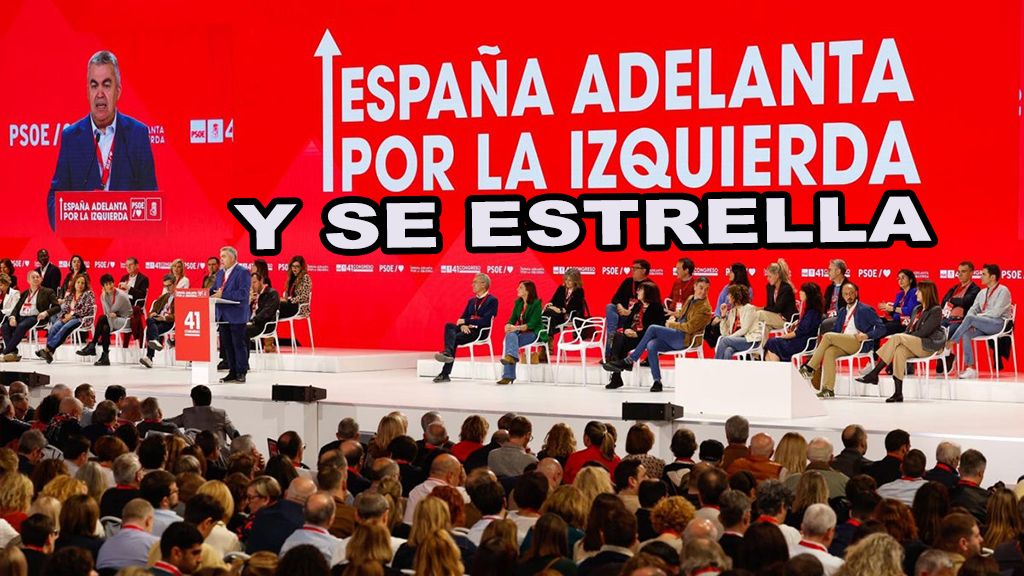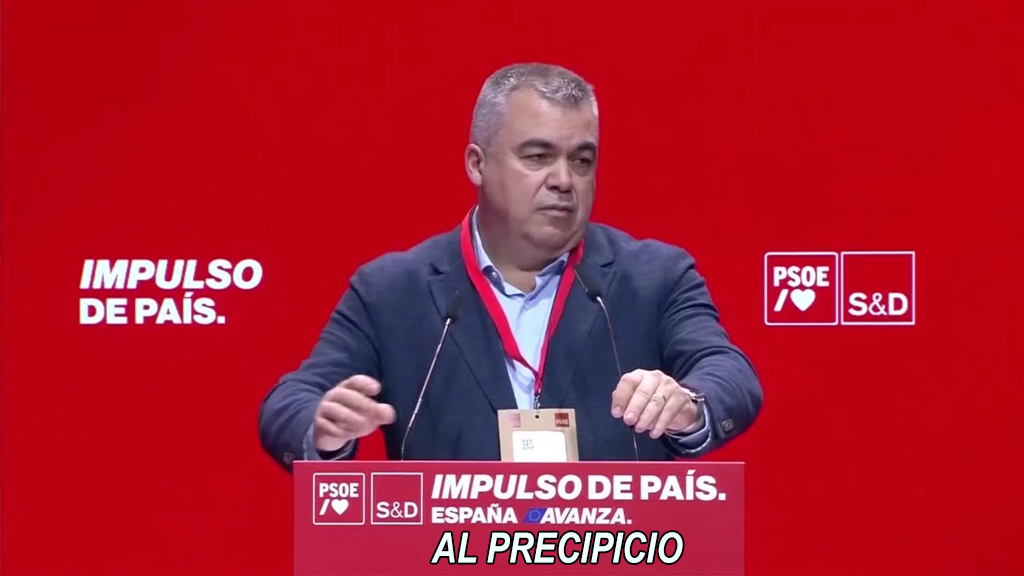
The Cost of Corruption: Cerdán, the PSOE, and the Waste of Public Funds
The Cost of Corruption: Cerdán, the PSOE, and the Waste of Public Funds
The recent involvement of Santos Cerdán, former Secretary of Organization of the PSOE, in a corruption scandal is not just another case of political malpractice, but a clear example of how state interventionism and a lack of oversight create perverse incentives for the abuse of power. According to the report by the Central Operational Unit (UCO) of the Civil Guard, known as the “Koldo Case,” Cerdán allegedly managed up to €650,000 in illegal commissions derived from public contracts during his time at the Ministry of Transport under José Luis Ábalos.
But beyond the partisan drama, what is truly worrying is the economic impact of this type of conduct. When the State handles hundreds of millions in public funds—including European taxpayers’ money—without effective transparency mechanisms, waste and corruption become inevitable. The projects under investigation, such as railway sections in Murcia, Almería, and Barcelona, were financed with European resources (ERDF and Next Generation EU), which raises an uncomfortable question: how much more of our money has been wasted on shady deals?

The Market for Influence: When the State is the Loot
The UCO report reveals a classic modus operandi in power structures: public contracts awarded under suspicion, payments in envelopes, and a web of political favors. This is not a problem exclusive to the PSOE, but a natural consequence of a system where the State controls enormous resources without sufficient checks and balances. When politicians and their associates decide who receives multimillion-dollar contracts, the temptation to benefit friends and collect commissions is almost irresistible.
Cerdán’s resignation, although necessary, does not solve the underlying problem. Pedro Sánchez has announced audits and restructuring, but history repeats itself: every so often, a scandal rocks the political class, there are dramatic resignations, promises of regeneration… and then everything remains the same. Meanwhile, companies like Acciona—once again at the center of controversy—continue to participate in a system that rewards political connections over efficiency.

The Price of Opacity: Distrust and Stagnation
Corruption not only steals public money; it also erodes trust in institutions and discourages private investment. Why risk capital in a country where contracts depend on cronyism rather than merit? Spain already suffers from a stifling bureaucracy and a culture of state dependence that stifles innovation. Cases like this reinforce the perception that the system is rotten and that, without radical change, we will continue to see privileges distributed instead of wealth created.
The opposition, of course, takes advantage of the opportunity to attack, but the solution isn’t simply to change the party in power, but to reduce the power of the state itself. Fewer arbitrary regulations, fewer funds managed at the discretion of politicians, and more real transparency in awarding public funds. If public resources were managed according to market criteria—where competition and efficiency prevailed over cronyism—these scandals would be the exception, not the rule.

Where Is the PSOE Going? And Spain?
The PSOE is at a crossroads. The membership demands purges, Sánchez promises change, but the problem is systemic. As long as the state remains a giant that hands out contracts handed out by hand, corruption will continue to exist. And Spain, instead of moving forward, will remain stuck in the same cycle: crisis, promises of regeneration, and another crisis.
The only way to break this vicious cycle is to limit politicians’ power over the economy, reduce the size of the public sector, and let the market—not partisan favors—decide which projects are worth pursuing. Until this happens, we will all continue to pay the cost of corruption.





